Acceptance and Commitment Therapy (ACT)
Acceptance and Commitment Therapy (ACT) is a form of psychotherapy that helps individuals accept their thoughts and feelings rather than fighting or feeling guilty for them. Developed by Steven C. Hayes in the 1980s, ACT encourages people to embrace their thoughts and feelings, particularly difficult or unwanted ones, while committing to actions that align with their values. This approach can lead to increased psychological flexibility and overall well-being.
Key Principles of ACT
1. Acceptance
ACT emphasizes accepting, rather than avoiding, negative emotions and thoughts. This principle involves fully experiencing and embracing thoughts and feelings without judgment.
2. Cognitive Defusion
Cognitive defusion techniques help individuals detach from their thoughts, seeing them as just words or pictures rather than truths. This process reduces the power and impact of negative thoughts.
3. Being Present
ACT encourages mindfulness and staying in the present moment. This involves awareness of the here and now, rather than being caught up in past regrets or future anxieties.
4. Self as Context
This principle involves understanding that one’s identity is separate from one’s thoughts, emotions, and experiences. It emphasizes the perspective that while thoughts and feelings occur, they do not define the individual.
5. Values
Identifying and clarifying personal values is a crucial aspect of ACT. This involves understanding what is truly important and meaningful in life, which guides behavior and decision-making.
6. Committed Action
ACT encourages taking action based on personal values, even in the face of difficulties. This principle is about making and keeping commitments to behaviors that align with one's values.
How ACT Works
The Hexaflex Model
ACT uses the "hexaflex" model, which includes six core processes that contribute to psychological flexibility:
Acceptance: Embracing thoughts and feelings without attempting to change their frequency or form.
Cognitive Defusion: Learning methods to reduce the tendency to reify or "buy into" thoughts.
Contact with the Present Moment: Mindfulness; engaging fully with the here and now.
Observing the Self: Accessing a transcendent sense of self, a continuity of consciousness that is unchanging.
Values: Discovering what is most important to one's true self.
Committed Action: Setting goals according to values and carrying them out responsibly.
Practical Techniques
Mindfulness Exercises: Techniques to enhance present-moment awareness.
Metaphors: Using metaphors to help illustrate and understand complex concepts.
Experiential Exercises: Activities that help individuals experience acceptance, defusion, and other ACT processes.
Effectiveness of ACT
Research Support
ACT has been supported by a growing body of research demonstrating its effectiveness in treating a variety of psychological disorders and issues, including:
Anxiety Disorders: Helps in reducing anxiety symptoms by promoting acceptance and mindfulness.
Depression: Encourages engagement in meaningful activities and reduces depressive symptoms.
Chronic Pain: Assists in coping with chronic pain by altering the relationship with pain.
Stress and PTSD: Effective in managing stress and symptoms of post-traumatic stress disorder.
Sources:
Association for Contextual Behavioral Science
Psychology Today
Applications
ACT is versatile and can be applied in various settings, including individual therapy, group therapy, and self-help contexts. It is also used to address a range of issues beyond mental health, such as weight management, smoking cessation, and improving workplace performance.
Conclusion: Embracing Acceptance and Commitment
Acceptance and Commitment Therapy offers a unique approach to mental health by focusing on acceptance, mindfulness, and value-driven action. It equips individuals with tools to navigate their thoughts and emotions effectively, leading to enhanced psychological flexibility and a more fulfilling life.
At Moriel Mental Health (MMH), we offer ACT as part of our comprehensive therapy services. Our sessions are typically free to most insurance providers, and if you are paying out of pocket, the copay is usually around $20 per session. If you’d like to explore how ACT can benefit you, please contact us to book an appointment. We work all throughout California and are here to support you on your journey towards better mental health and well-being. At MMH, we are committed to providing the care and guidance you need.

